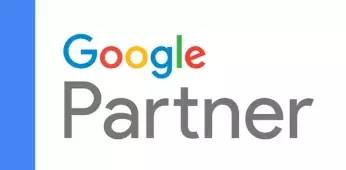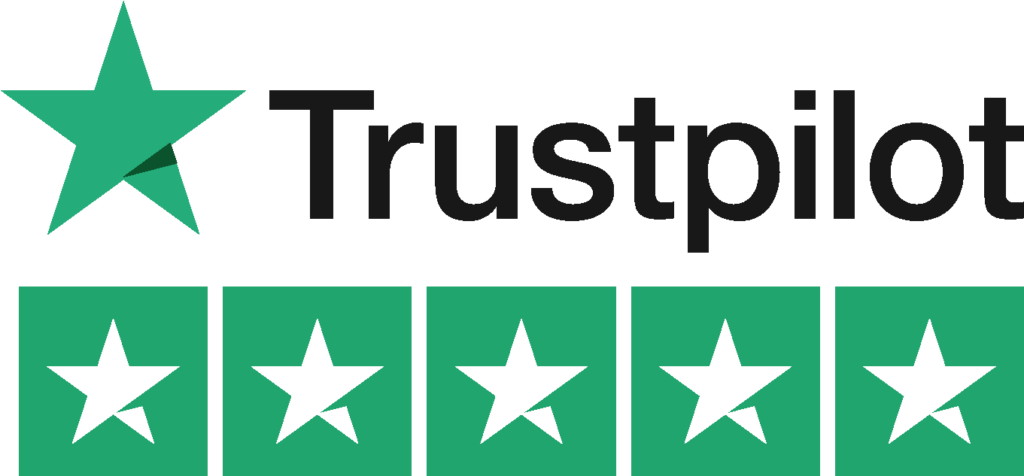Search Engine Optimization (SEO) management is the process of optimizing a website to rank higher in search engine results pages (SERPs) for specific keywords and phrases. By improving the visibility of a website in search engines, businesses can increase their online presence and drive more traffic to their site.

SEO management involves a variety of techniques and strategies, including on-page optimization, off-page optimization, and technical SEO. Each of these areas plays a crucial role in determining a website’s search engine ranking.
Google’s algorithm takes into account over 200 factors when ranking websites, which makes the process of SEO management very important!
Why do you need SEO Management?
SEO management is important because it can help improve the visibility of a website in search engine results pages (SERPs). This, in turn, can drive more traffic to a website and increase a business’s online presence.
There are several key benefits to SEO management, including:
- Increased website traffic: By improving a website’s search engine ranking, more people are likely to find and visit the site.
- Increased brand visibility: When a website appears at the top of search results, it increases the brand’s visibility and credibility in the eyes of potential customers.
- Cost-effective: SEO is a cost-effective way to drive traffic to a website compared to other forms of online marketing such as pay-per-click advertising.
- Long-term results: Unlike paid advertising, the results of SEO efforts can last for a long time. Once a website is ranking well, it can continue to drive traffic to a site without the need for continued investment.
- Increased conversion: When the right kind of audience is driven to the website, the chances of conversion increase.
Overall, SEO management is an essential aspect of any online marketing strategy. It can help increase a website’s visibility, drive more traffic to the site, and ultimately lead to more business and revenue.
On-Page Optimization
On-page optimization refers to the elements of a website that can be optimized for search engines. This includes elements such as title tags, meta descriptions, header tags, and the content of a website.
One of the most important on-page optimization techniques is keyword research. By identifying the keywords and phrases that potential customers use to find products or services similar to yours, you can ensure that your website is optimized for those keywords. This includes incorporating those keywords into the title tag, meta description, and content of your website.
Another important on-page optimization technique is creating high-quality content. Google’s algorithm favors websites with relevant, informative, and unique content.
Off-Page Optimization
Off-page optimization refers to the elements of a website that are not on the website itself, but still play a role in search engine rankings. This includes elements such as backlinks and social media signals.
Backlinks are links from other websites to your website. Google views backlinks as a “vote of confidence” in your website. The more backlinks a website has, the more likely it is to rank well in search engine results.
Social media signals refer to the number of shares, likes, and followers a website has on social media platforms. These signals indicate that a website is popular and relevant, which can improve its search engine ranking.
Technical SEO
Technical SEO refers to the technical aspects of a website that can affect its search engine ranking. This includes elements such as website structure, mobile responsiveness, and page load speed.
Website structure refers to the organization of a website’s pages and the way they are linked to each other. A well-structured website is easy for search engines to crawl and index, which can improve its search engine ranking.
Mobile responsiveness refers to a website’s ability to adapt to different screen sizes. With more and more people accessing the internet on their smartphones, it’s important for a website to be mobile-friendly to improve its search engine ranking.
Page load speed refers to the amount of time it takes for a website to load. A website that loads quickly is more likely to rank well in search engine results because it provides a better user experience.
Best tools for SEO Management
There are many tools available to assist with SEO management. Some popular options include:
- Google Analytics: This tool allows you to track website traffic and understand user behavior, which can help inform your SEO strategy.
- SEMrush: This tool offers a variety of features for keyword research, competitor analysis, and tracking your own rankings.
- Ahrefs: This tool offers similar features to SEMrush, including keyword research and competitor analysis, but also includes a robust backlink analysis tool.
- Moz: This tool offers a variety of features for SEO management, including keyword research, link analysis, and site audits.
- Google Search Console: This tool allows you to see how your website is performing in Google search results, and can provide insights into potential technical issues that need to be addressed.
- Keywords Everywhere: This is a browser extension that shows you search volume, CPC and competition data of keywords on multiple websites.
These are just a few examples, and there are many other tools available depending on your specific needs and budget. It’s often helpful to experiment with multiple tools to find the ones that work best for you.
Conclusion
SEO management is a complex process that involves a variety of techniques and strategies. By understanding the different areas of SEO management, businesses can improve their online presence and drive more traffic to their website.

















